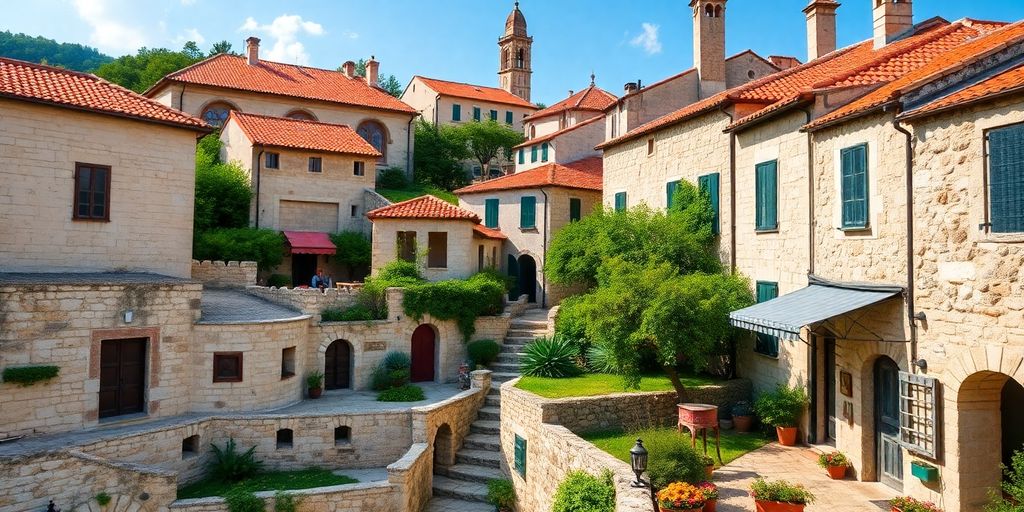In a recent parliamentary session, Croatia’s Culture Minister Nina Obuljen Koržinek revealed that approximately 13% of the country’s buildings are under statutory protection. This announcement comes as part of discussions surrounding amendments to the Law on Protection of Cultural Goods, aimed at enhancing the preservation of the nation’s architectural and historical heritage.
Key Takeaways
- Statutory Protection: 13% of buildings in Croatia are recognized as protected cultural assets.
- New Legislation: Amendments to the Law on Protection of Cultural Goods will streamline processes for restoration and reconstruction.
- Transparency and Efficiency: The new methodology aims to clarify acceptable interventions in protected areas.
Overview of Cultural Heritage Protection
Croatia boasts a rich cultural heritage, with numerous buildings reflecting its historical significance. The government has recognized the importance of preserving these structures, leading to the establishment of statutory protections. The Culture Minister emphasized that these protections are crucial for maintaining the integrity of the nation’s architectural landscape.
Legislative Changes
The recent parliamentary discussions focused on final amendments to the Law on Protection of Cultural Goods. Key points include:
- Construction-Related Benefits: Citizens owning land at archaeological sites will receive benefits to encourage preservation efforts.
- Streamlined Procedures: The new law aims to simplify the process of obtaining licenses for restoration and reconstruction of protected buildings.
- Public Accessibility: Information regarding acceptable interventions in protected areas will be made publicly available, enhancing transparency.
Challenges in Preservation
Despite the positive steps forward, the Culture Minister acknowledged that challenges remain. Many complaints have arisen regarding the actions of conservators, particularly concerning listed buildings. The government is committed to addressing these issues to ensure that the preservation process is both effective and respectful of property owners’ rights.
Future Directions
The Culture Minister outlined a vision for the future of cultural heritage protection in Croatia:
- Reform of Conservation Foundations: A new system for developing and adopting conservation foundations will be implemented.
- Reduction of Bureaucracy: Unnecessary procedures will be abolished to facilitate quicker responses to restoration requests.
- Enhanced Public Engagement: The government plans to engage the public more actively in discussions about cultural heritage, fostering a sense of community ownership and responsibility.
Conclusion
Croatia’s commitment to protecting its cultural heritage is evident in the recent legislative changes and ongoing discussions in parliament. By enhancing transparency, streamlining processes, and addressing challenges, the government aims to ensure that the nation’s architectural treasures are preserved for future generations. The efforts reflect a broader recognition of the importance of cultural heritage in shaping national identity and fostering tourism.






